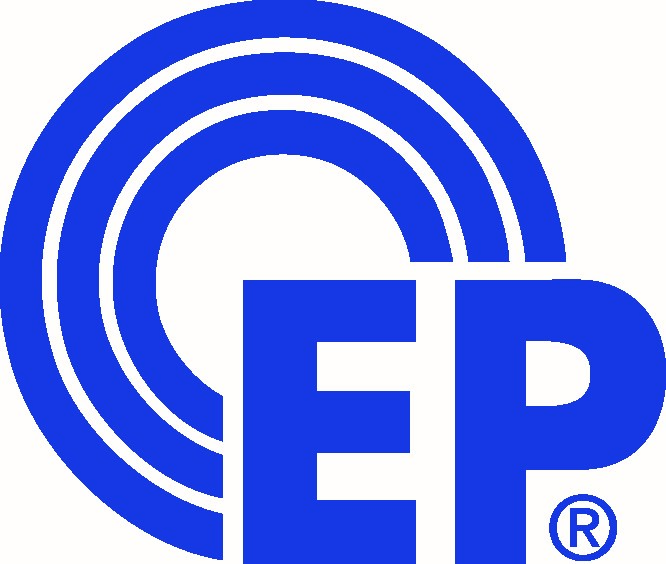|
This is the tenth article in a series of articles by CCCEP about the value of high-quality continuing education for pharmacy professionals, the difference it can make to their practice and careers, and the role accreditation can play in ensuring the quality of continuing education. |
Guest Post: Quality Matters: How to Evaluate the Quality of Continuing Education
This is the tenth article in a series of articles by CCCEP about the value of high-quality continuing education for pharmacy professionals, the difference it can make to their practice and careers, and the role accreditation can play in ensuring the quality of continuing education.
Every pharmacy professional has the opportunity to improve lives through their practice. It is often this desire to help others that is the driving motivation for why individuals enter the field. To ensure that they are providing the best care possible, it is crucial that pharmacy professionals regularly assess their learning needs and acquire the knowledge and skills to address those needs through continuing education. It is also crucial that pharmacy professionals ensure that the continuing education they select is rooted in high-quality, unbiased sources to make sure their learning needs are met.
Critical questions to evaluate the quality of continuing education
Pharmacy professionals should ask the following critical questions to evaluate the quality of the content of a continuing education activity:
- Has the continuing education activity been reviewed by peers, subject matter experts, or authorized independent organizations to ensure accuracy, comprehensiveness, and relevance?
- Are the results, facts, or information presented in the continuing education activity independently validated, or are they based on self-produced evidence, anecdotal findings, or opinions?
- Do the references appear current, comprehensive, and based on credible sources (e.g., peer reviewed journal articles)?
- Are the authors and/or presenters of the continuing education activity qualified and experienced in the subject matter?
- Is there any potential conflict of interest with the continuing education activity provider and sponsor or other relevant commercial entities that are not disclosed?
To evaluate the relevance and quality of the learning experience of the continuing education activity, pharmacy professionals should ask the following critical questions:
- Do the learning objectives and abstracts of the program suggest it is relevant to your scope of practice?
- Does the continuing education activity provide active and interactive learning activities to aid in achieving learning objectives and transfer of knowledge to practice?
- Are there opportunities for learners to receive feedback on their understanding and application of the material?
Insights and Resources
Along with the questions above, there are other aspects to consider in ensuring a positive learning experience.
For example, one of the key approaches to ensuring the quality of learning activities is accreditation, a “trust-based, standards-based, evidence-based, judgment-based, peer-based process” that assures all stakeholders that a continuing education activity is a quality learning activity and free of any bias.
(Learn more: Accreditation – A standard to ensure that a learning activity is of high-quality and unbiased).
Another example is engaging in the 4E’s of Learning (Effective, Exciting, Easier, and Efficient). Topics such as Learning Science and Learning Strategies can help pharmacy professionals understand and optimize the 4E’s. There are also modern learning formats, such as microlearning, that make learning exciting, more effective, and perhaps faster.
Conclusions
There are important questions pharmacy professionals should ask to ensure that they are investing their time in high-quality continuing education that meets their learning needs and can be effectively transferred to practice. Pharmacy professionals should also consider other aspects of continuing education, such as accreditation, learning science and strategies, as they plan their professional development.
This concludes CCCEP’s introductory article series about the value of high-quality continuing education for pharmacy professionals, the difference it can make to their practice and careers, and the role accreditation can play in ensuring the quality of continuing education. If you’ve not been following the series, please check out the CCCEP Blog (cccep.ca/blog) for the previous articles containing important continuing education insights and resources for pharmacy professionals.

Canadian Council on Continuing Education in Pharmacy (CCCEP)
The Canadian Council on Continuing Education in Pharmacy (CCCEP) is a national organization established to accredit continuing pharmacy education programs intended to be delivered to pharmacy professionals from more than one province or nationally. CCCEP accreditation is recognized by the pharmacy regulatory authorities in all provinces and territories of Canada. To fulfill its mandate as the national accreditation agency for continuing education in pharmacy, CCCEP:
- Establishes policy and standards for the accreditation of continuing pharmacy education programs;
- Accredits continuing education programs for pharmacists and pharmacy technicians; and
- Accredits program providers to accredit their own continuing pharmacy education programs in accordance with CCCEP standards and guidelines for accreditation.
 Share
Share



